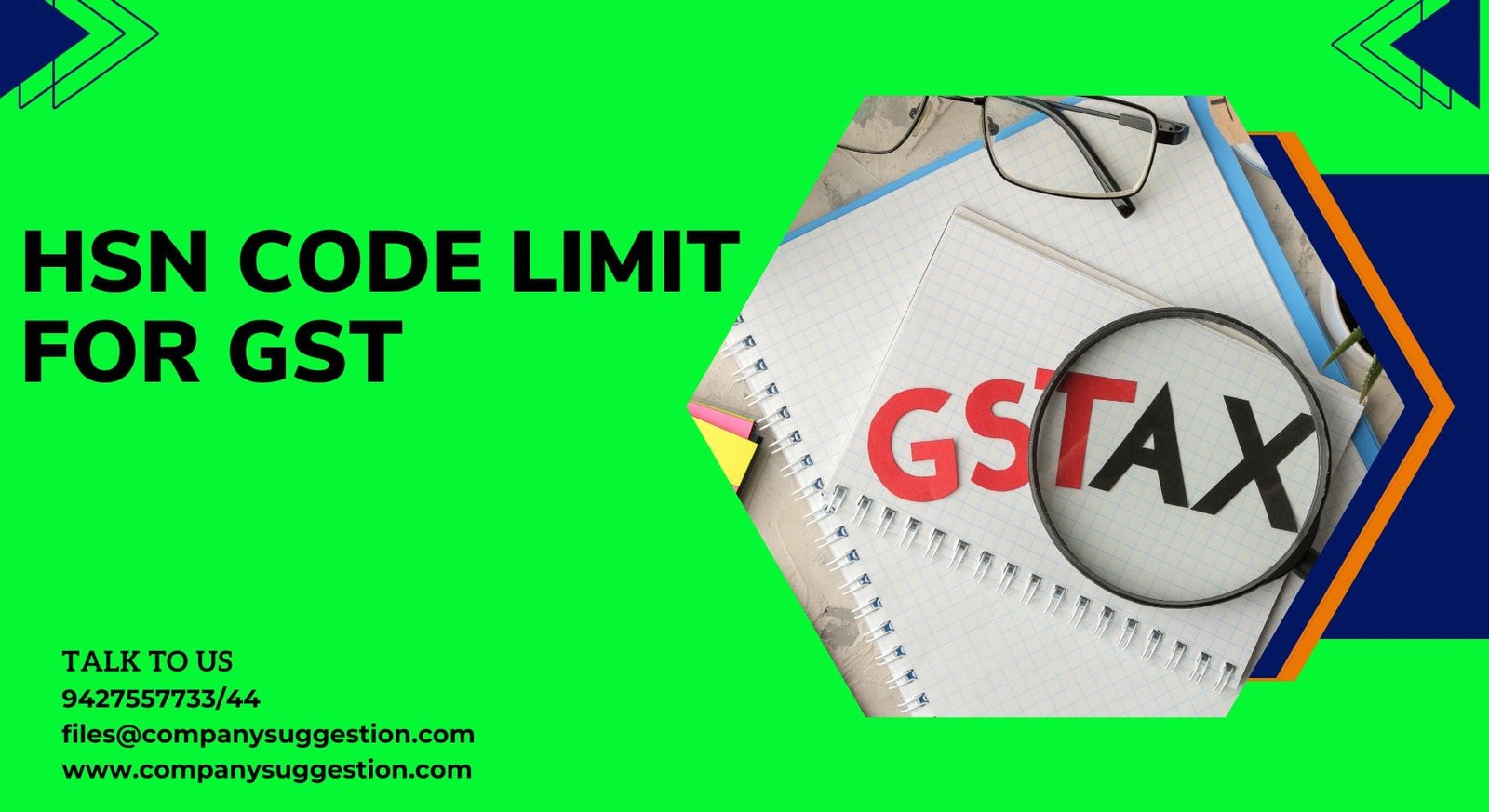With the implementation of GST, small business owners are engrossed in understanding the potential effects of GST on their business. It’s a well-known fact that SMEs (Small and Medium Enterprises) are the primary growth drivers of the economy and major contributors to the GDP.
From December, corporations with sales below Rs 5 corer—described as micro corporations—will now no longer be capable of generating a digital permit (e-way bill) for goods transportation, if they have defaulted on submitting return forms for 2 consecutive tax periods.
GST could be a mixed bag for small and medium enterprises in India in the short term. However, in the longer term, the impact is likely to be a lot more positive and value accretive. The SME segment in India contributes to nearly 40% of the exports and nearly 70% of the total employment generated. GST will result in a sharp increase in compliance requirements and will also bring a lot of untaxed entities into the taxation fold. Here are the key take-aways from the perspective of a small business.
- They can now have a single common registration online
Currently, businesses are required to register under various tax imposts separately. For example, they need to separately register for excise duty, VAT, sales tax, service tax etc. All this can be now subsumed into one single GST registration. Even though you require separate registration for different states, the process is the same and the entire process can be done online along with e-verification and authentication. The actual GST payable is split into SGST, CGST and IGST, but only one single registration is required for all of them.This is quite contrary to the current situation where in the business is required to register under VAT in each state for turnover in excess of Rs.5 lakhs making the entire process cumbersome. And, if you are an existing taxpayer, then you are automatically migrated to the new system with minimal hassles and procedures involved.
2. GST increases the threshold for GST registration for small businesses
To reduce the compliance pressure on small businesses, the GST Council has set a limit of annual turnover of Rs.20 lakhs for registration under GST. Businesses with turnover below this threshold do not require GST registration. Of course, this limit stands further reduced to Rs.10 lakhs in case of North Eastern states. Turnover includes actual sales and sales by way of samples and that needs to kept in mind while calculating your turnover. However, there are certain exceptions to this rule. Firstly, if the supply of goods is inter-state, then GST registration is mandatory irrespective of the value of turnover. Also, this threshold limit is only applicable to manufacturing and not to services. It needs to be said, that this should surely come as a relief to very small traders and businesses.
3. There is also an additional benefit under the Composite Scheme
In addition to the threshold of Rs.20 lakhs for registering for GST, the GST Council has offered an additional benefit for small businesses in the form of the Composite Scheme. Under this scheme, businesses with turnover of up to Rs.75 lakhs per annum can opt for this scheme, where the business can pay a flat tax in the range of 1-5%. Secondly, this scheme will not be available for any business that is involved in inter-state sales. Lastly, when you avail the composite scheme, you are not entitled to any input tax credit (ITC) on the tax paid by you on the inputs.
4. Access to a common national market across India
This is a major benefit for small businesses. In the old tax regime, most industries were required to maintain bulky distribution and logistics networks as these networks were designed to meet the needs of state level tax minimization. In the new dispensation, distribution and logistics networks will be driven by business needs and hence even small companies will get a level playing field with the larger ones. This common market across India will be a big boon for small companies and businesses who want to expand their national footprint with minimal investment. However, they need to appreciate that under the GST the creation of a seamless national market will more than compensate for the higher compliance requirements.
5. The benefits of ITC will add value to small businesses
One of the major flaws in the current taxation system was that it had a huge cascading effect. That means the same product got taxed at different levels of production leading to higher costs and lower levels of pricing efficiency. The big advantage of GST is that it is a value-added tax and therefore is only imposed on the value addition. So, if your final GST payable is Rs.500 and you have already paid GST of Rs.200 on inputs then you only need to pay Rs.300 as net GST to the government. This reduces the cascading effect. However, they were not getting any credit for the service tax paid while calculating their eventual tax liability. That problems will get resolved under GST.
Requirements of small business owner who is eligible for GSTIN:
A small business owner is eligible for GSTIN under these guidelines:-
- You are located in one state but selling goods or services in other state.
- If you are using e-commerce platforms like Flipkart or Amazon to sell your product.
- Your business involves the export and import of things.
- If you are generating tax invoices for your customers.
- For reverse charge mechanism, you are eligible for tax.
- In case you work on behalf of the registered taxpayer.
- Working as an input service provider.
- If your company involves as a Casual Taxable Payer in any event outside your residing state.
- Operating an e-commerce site.
- You are providing overseas OIDAR(Online Information Database Access and Retrieval) service to India.
How to register your small business with GST?
Registration for GST is a straightforward and easy process. With the GST Portal, you can easily apply for GST registration. Several firms provide professional services for online registering your business with GST.
Imprezz solutions offer a wide range of services complaint with GST. We have multiple features that create a secure work environment for your business. From GST invoices or filing the returns, we offer assistance at every step.
Impact of GST on Small and Medium business
- Positive impact
1. Ease of starting business
Under the previous tax regime, if your business had operations across multiple states, you would need to register for VAT with each state’s sales tax department in order to carry out business activities there.The fact that every state had different tax rules complicated the entire process, and business owners had to pay multiple procedural fees for VAT registration. Under GST, the registration is centralized and the rules are uniform for all the states across the country. All you have to do is complete and submit an online form to obtain a GSTIN (GST Identification Number). Launching a new business, and subsequently expanding it, will be comparatively easier under the GST regime.
2. Low Tax burden
The prime reason GST is implemented is to remove cascading taxation. It reduces the complications caused by the overlap between Central taxes (Excise duty, customs duty, service tax, etc.) and State taxes (VAT, purchase tax, luxury tax, etc.), because it levies a uniform tax on goods and services all over India. The taxes on goods and services levied under VAT, purchase tax, and luxury tax will now be merged into one single tax with one common return. If you’ve spent a large portion of your time on managing multiple taxes, you can relax under the new regime because filing and paying taxes is easier with the GSTN portal.
A combined tax also means dealing with fewer tax authorities. Previously, business owners had to deal with many different tax authorities depending on the nature of their business and transactions. Under GST, you can be sure that the relevant authority is always either the Centre or the State government.
3. Improved Logistics
Under GST, there will be no entry tax on goods sold in any part of India. This will expedite movement of goods across the nation, thereby improving logistics.
With GST in place today, small business owners don’t need to pay octroi taxes while sending goods from one state to another. This has expedited movement of goods manifold.
4. No distinction between goods and services
Previously, businesses providing both goods and services had to calculate the VAT and service taxes individually. GST eases the process by removing the distinction between goods and services; tax will be calculated for the final total, not individual products or services. This will help SMEs take advantage of the tax incentives for payment on the procurement of input goods and services (like import, interstate and local purchases, and telephone services).
- Challenges:
- Technological difficulties
Not all SMEs in the country are technologically adapt to handle the online GST mechanism. They are not aware of the practical details of GST filing online and have to outsource it. This will add to their registration cost. Additionally, SMEs with an annual turnover of Rs. 20 lakh or more must GST registration in every state where they have business activities.
- Blockage of working capital
This is another challenge SMEs are facing with GST implementation. While in the previous indirect tax regime, exports enjoyed upfront exemption of tax on exported goods, this is not available in the current regime. Tax refund delays has blocked funds affecting competitiveness.
To overcome this, they need to apply for business loans to ensure their running cost aren’t impacted.
Conclusion
GST has given a shot in the arm to the SME sector thanks to its simplified processes and ease of use. Given its numerous benefits, GST can boost aspiring entrepreneurs to focus on productivity and business expansion rather than on tax burdens.













